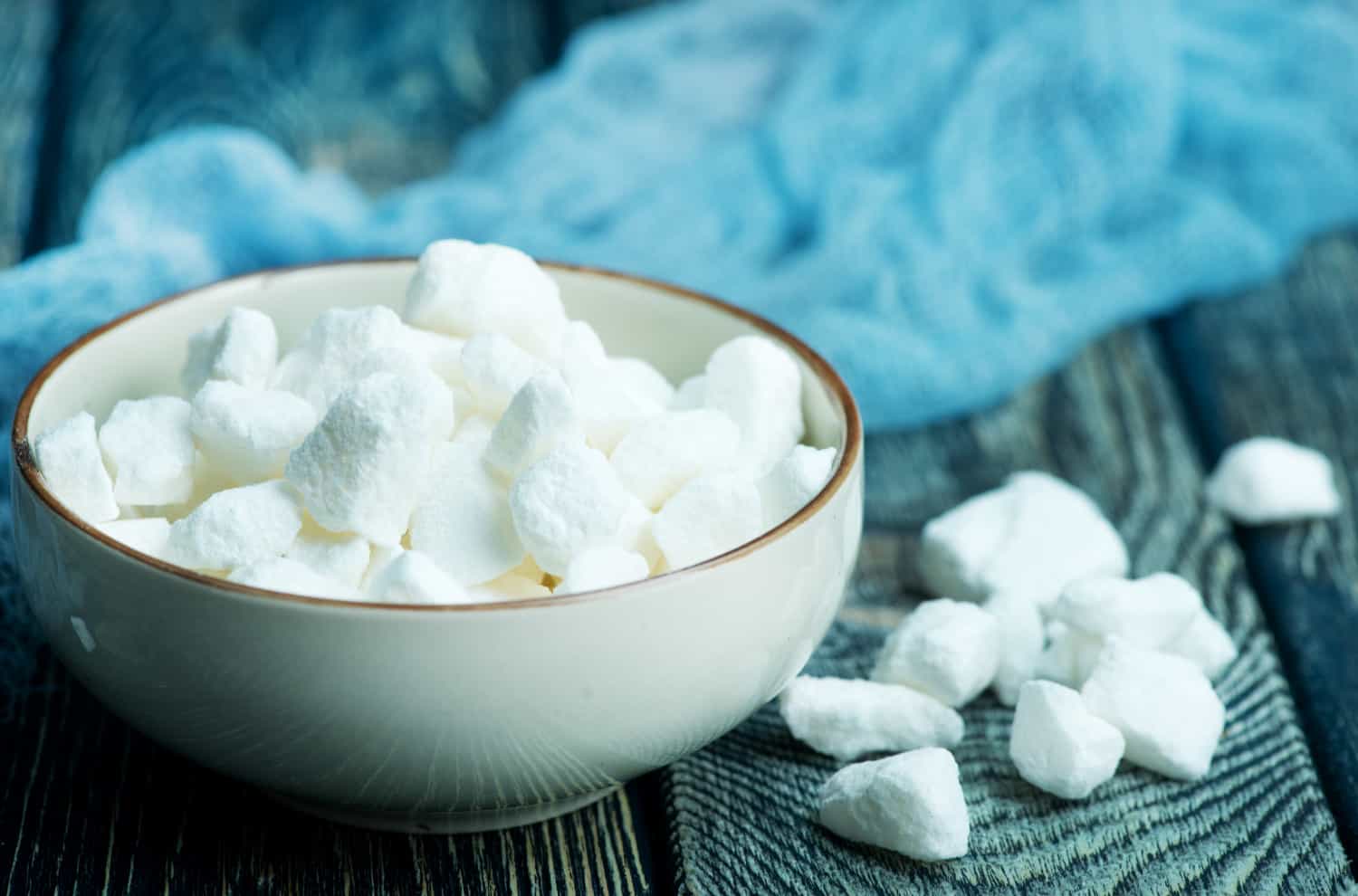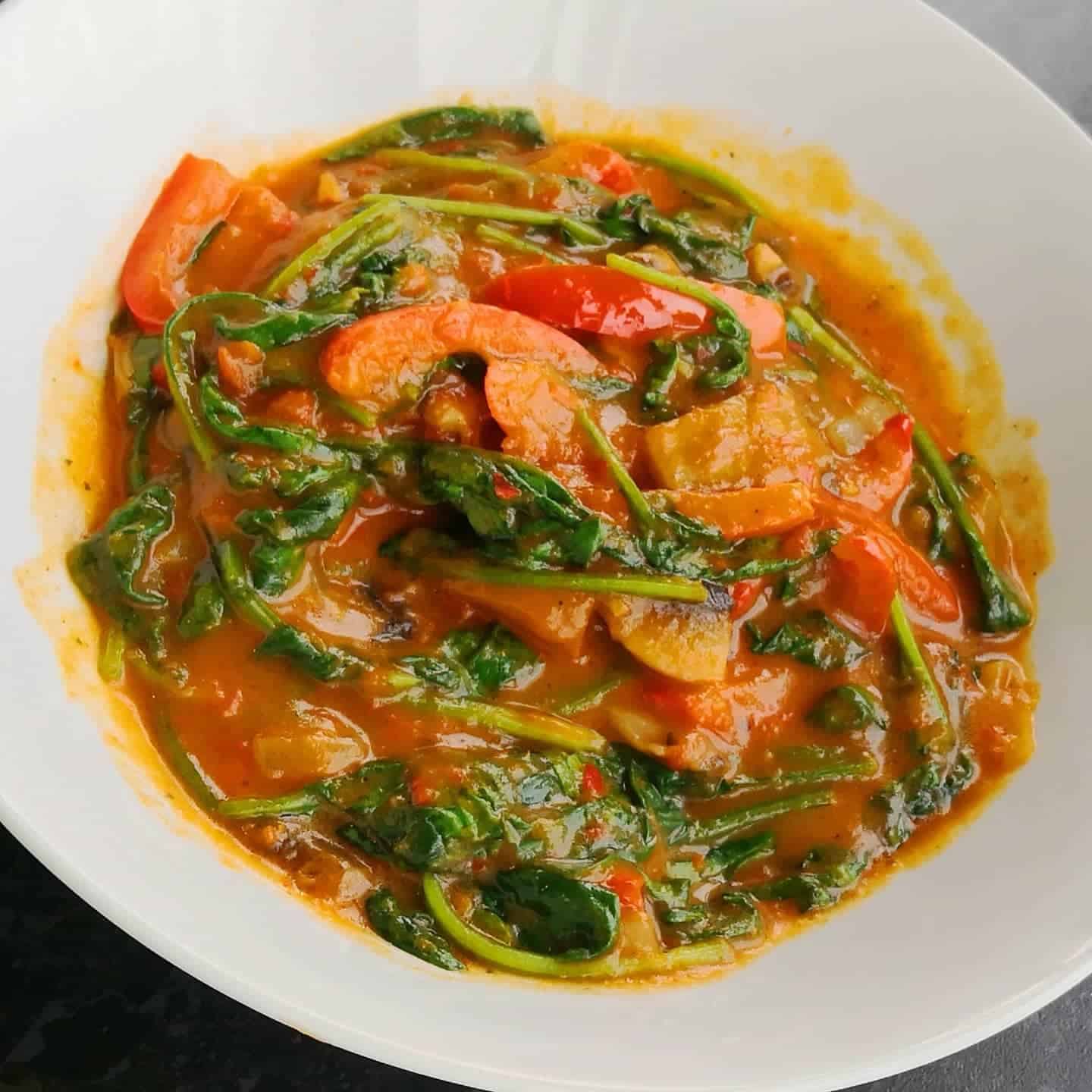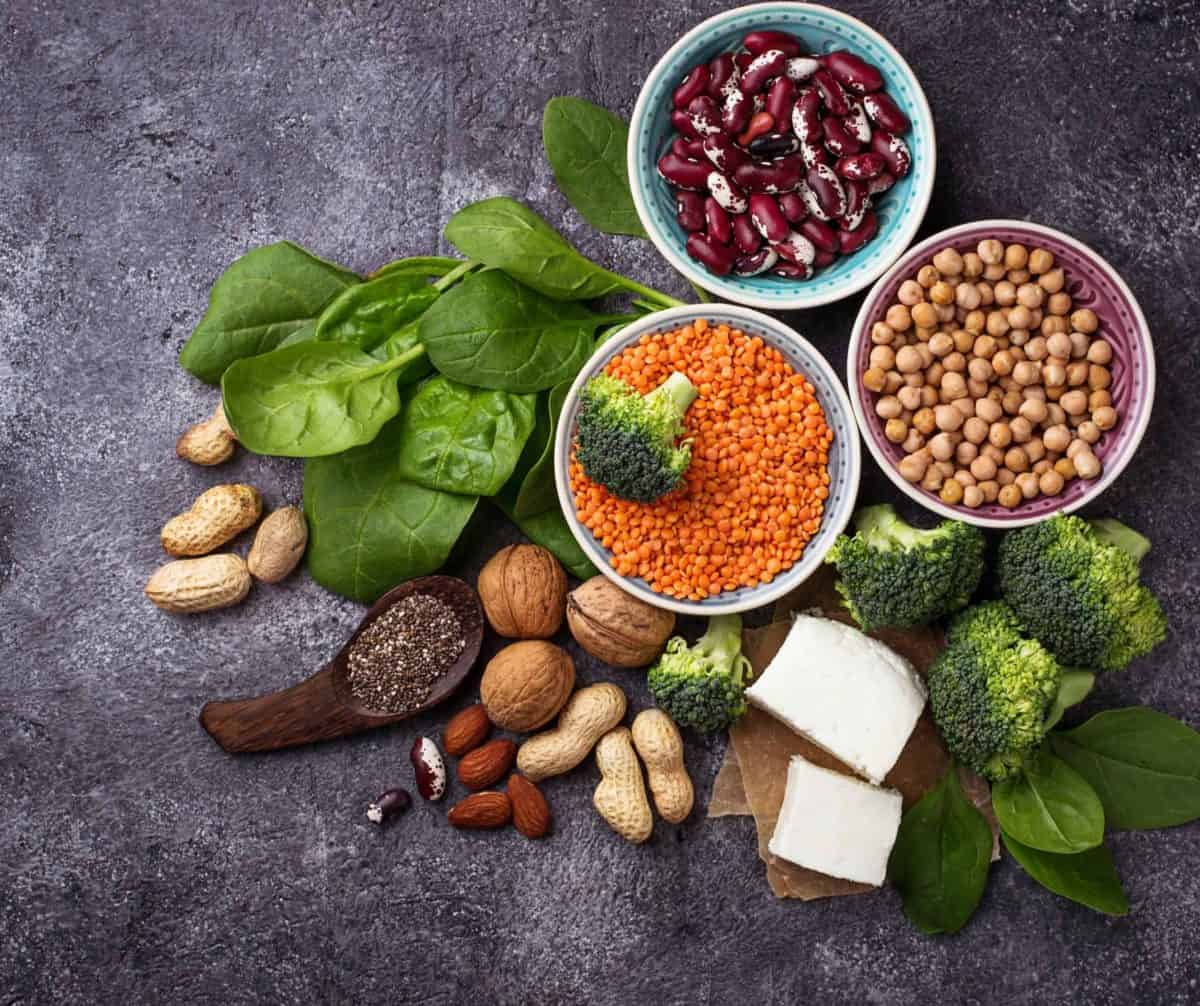Here I tell you what you need to know about signs that you could be affected by chronic inflammation and the foods that can make a real difference to reducing the inflammation in your body
You might be reading this because you think you’re suffering from chronic inflammation, or you might have already been diagnosed with a condition (or conditions) associated with it and hoping that you can help yourself to feel better. You’ll be pleased to know that you can do a lot to help alleviate the symptoms with some changes to your diet and lifestyle. As with many conditions, the answer won’t be the same for every individual, but this is a really good starting point on your journey!
You might be reading this because you think you’re suffering from chronic inflammation…
You’ll be pleased to know that you can do a lot to help alleviate the symptoms
What is Inflammation?
Inflammation can be a healthy immune response, it helps your body to defend itself from injury and infection. It becomes a problem when your body triggers the inflammation immune response without there being any infection or injury to fight off. When this response is long term, it is known as chronic inflammation. Chronic inflammation plays a significant role in auto-immune conditions such as rheumatoid arthritis, lupus or Chron’s disease and has even been linked to diabetes, Alzheimer’s and cancer.
This blog is for you if…
If you suffer from a few of the symptoms listed here, chronic inflammation could be an underlying cause. And foods that your body can’t cope with could be contributing to the problem!
- Asthma
- Allergies (running eyes and nose)
- Aching joints and muscles
- Acne
- Anxiety
- Brain Fog
- Digestive problems
- Depression
- Eczema
- Fatigue
- Gum Disease
- High Blood Sugar
- Mouth Sores
- Psoriasis
- Rashes

Ongoing aches and pains can be a sign that you have have chronic inflammation
Foods that cause Inflammation
Not all of the foods listed here will cause inflammation for everyone, some of them are generally unhealthy and it’s wise to limit them in your diet anyway. Others are perfectly healthy for most people, but may be a problem for certain individuals. So you might find that it’s a case of trial and error for you, especially if it turns out that you have a specific trigger. If you suspect that a particular type of food (for example dairy or gluten) makes your symptoms worse, start by eliminating that food. Members of Feed Your Passion can use the guides on the website to help with eliminating common intolerance-causing foods from your diet and replacing them with tasty alternatives. I’ve made it as easy as possible for you to make dietary adjustments!
Here’s a list of foods to watch out for:
- Fried Food
- Sugar
- Refined Carbohydrates (such as white bread and pastries)
- Red Meat
- Processed Meat
- Trans Fats and Hydrogenated Oils (these have been heavily processed by manufacturers and can be found in margarine, crisps, peanut butter and sweets as well as many other highly processed products)
- Dairy Foods (milk, cheese, yogurt, ice cream and butter)
- Alcohol
- Soft Drinks that are high in sugar (including ‘sports’ drinks)
- Gluten (most people can eat gluten without any issues, but some people are sensitive to gluten and may have Coeliacs disease
- Artificial sweeteners, preservatives, flavourings and colours

This fry up may look tempting but most of these foods are likely to contribute to your inflammation
It’s also important to be aware that you may have a food intolerance that’s causing inflammation, in this case it may take some time to identify the culprit but you would thank yourself for making the effort in the long run when you feel so much better!
Foods that reduce inflammation
Luckily there’s a long list of foods that can help to reduce the inflammation in your body. I recommend that everybody includes these as a regular part of their diet. Afterall, prevention is better than cure! If you are suffering with chronic inflammation, by cutting out the foods that cause or contribute to it AND eating plenty of food with anti-inflammatory properties, that’s double measures for tackling those horrible symptoms that have been bothering you!
Here are the foods that you should include in your daily meals:
- Extra Virgin Olive Oil
- Berries (strawberries, blueberries, raspberries, blackberries etc)
- Cruciferous Vegetables (broccoli, cauliflower, brussel sprouts, kale)
- Avocados
- Green Tea
- Mushrooms
- Grapes
- Turmeric
- Dark Chocolate and Cocoa
- Cherries
- Nuts
- Black Pepper
- Tomatoes, Bell Peppers and Chilli Peppers (I have listed these last as some people are intolerant to the Nightshade family of vegetables, in which case these can in fact contribute to inflammation!)

Cherries are just one of the many delicious foods that have anti-inflammatory properties!
By cutting out the foods that cause or contribute to inflammation AND making sure that you eat plenty of foods with anti-inflammatory properties, that’s double measures for tackling those horrible symptoms!
What else can you do to help reduce your inflammation?
As with many things in life, giving your body all of the nutritional support it needs to function well plays a huge part in improving your symptoms, but there are also other things that you can do to help yourself!
Stress has been shown to be a significant factor in causing your body’s inflammatory response to kick in when there is no infection or injury. I’m sure that we all experience stress to varying degree in these crazy times. Here are some tried and tested ways to help reduce both your stress and chronic inflammation:
- Keep moving… whether it’s walking, yoga, dancing or cycling, exercise doesn’t have to be too strenuous or athletic. Don’t put yourself under too much pressure, just do what you can every day.
- Take up a hobby that helps to calm your overactive mind; sewing, knitting, drawing, painting and pottery can all be very therapeutic!
- Make sure you get a healthy amount of sleep, try to get up and go to bed at around the same time each day. If you struggle to get to sleep, try playing relaxing music or a meditation soundtrack. Make sure that screen time finishes at least an hour before you’re due to go to sleep.
- Treat yourself to a massage, what better way to relax?!

A new hobby can help to reduce stress, which will help to reduce inflammation
Hopefully you’ve found the information here helpful. There is a lot to take in and, especially when you’re suffering from the symptoms caused by chronic inflammation, the thought of making changes may feel overwhelming. The good news is that by eating the right foods you could soon be back to your old self!










